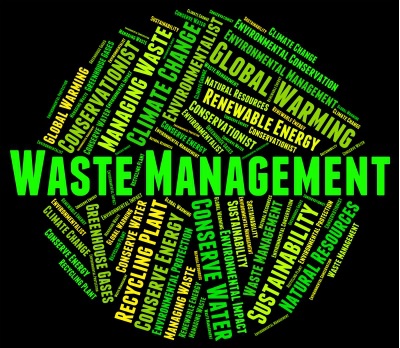If your business, even if it is a small one, produces potentially hazardous waste, then you should know how to store it in your premises. You can basically store a certain amount of hazardous waste (be it in liquid form or solid form) in your site as long as it is essentially stored securely and kept separate from other types of waste. But what about removing it and transferring it? This is where the process can become quite tricky, so you should also be aware of the proper transfer and removal of hazardous waste.
Removal
If you are to have to your business’ hazardous waste removed, it has to be done by a qualified waste collection service, one that is exempt or registered. Also, when having hazardous waste removed, it has to come with a note of consignment. In some cases, however, the note is not required – so you have to find out if the waste is exempted from the note as well. You also have to make sure that the facility that will receive the hazardous waste is holding the proper permit for the prevention and control of pollution or a licence for waste management. If the facility has an exemption which gives them authorisation to take hazardous waste, this would be allowed as well.
Ways to treat hazardous waste
Before disposing of hazardous waste, you must make sure that whatever can be recycled or re-used is done so. There are some types of hazardous waste which can actually be recycled and recovered, such as inedible oils, solvents, and waste metals. Other types of hazardous waste can also be used to generate electricity or power.
More on the note of consignment
As mentioned, all hazardous waste to be transported to another site must have a note of consignment. This note is also required if you are moving the waste to another facility or other business premises which you have. Notes of consignment should be kept for at least three years. When you employ a waste management collection service, they can make use of multiple or single collection forms.
In your notes of consignment, you should also include details on how you have dealt with your business’ waste according to the hierarchy for waste management. This basically states that you have taken all the necessary steps to recycle or re-use your business’ waste before having it disposed.
When it comes to waste materials, be it hazardous or not, it all has to be properly stored, collected, and disposed of. Business recycling is also important, especially in today’s more stringent environmental protection regulations. Proper waste management is indeed essential – not only for the environment and for your community, but for your own business as well.
Image courtesy of Stuart Miles/FreeDigitalPhotos.net



